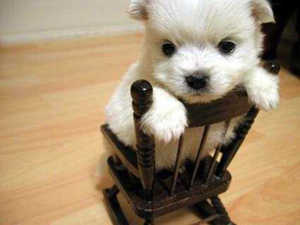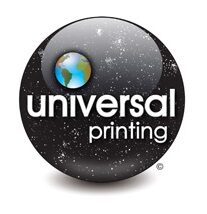We’ve said it before, and will probably say it again: Technology changes EVERTHING! This is especially true in the field of Graphic Design. The growth of personal computers and desktop publishing software made EVERYONE an amateur graphic designer. Now, the internet has become a wealth of knowledge and resources; especially for people looking for photos. This brings us to a VERY important topic: Image Use and Copyright Law.
Are you clear about what value you bring to your clients?
Here at Universal Printing, we love “Good Design.”  Not only do we have our own talented Design professionals in-house, but we’ve been fortunate to work with a number of amazing Ad Agencies and Independent Designers from around the country. Everyone has their own style and work habits, but almost all of them have one thing in common: They always want tips, suggestions, and feedback from their Printing Partner.
Not only do we have our own talented Design professionals in-house, but we’ve been fortunate to work with a number of amazing Ad Agencies and Independent Designers from around the country. Everyone has their own style and work habits, but almost all of them have one thing in common: They always want tips, suggestions, and feedback from their Printing Partner.
Here’s a simple “fun” fact about printing: Printers CRINGE at projects with dark blue ink!
In our previous blog post, we started our New Year’s Resolution of “Understanding Resolution” (if you missed it, just click the link to check it out.) This time, we’re helping you put this information to good use by helping you get better images from the very beginning, starting with your Digital Camera. Maybe you just got a new one over the Holiday Season, or perhaps you’ve had one for a while now. It’s never too late to review your settings and make sure that your getting the best your camera can offer.
DPI… PPI… dots per inch… points per inch… pixels per inch… No matter how you say it, it all comes down to one simple thing: RESOLUTION. In order to get the BEST print quality from your images, you need to know it, understand it, and never take it for granted.
